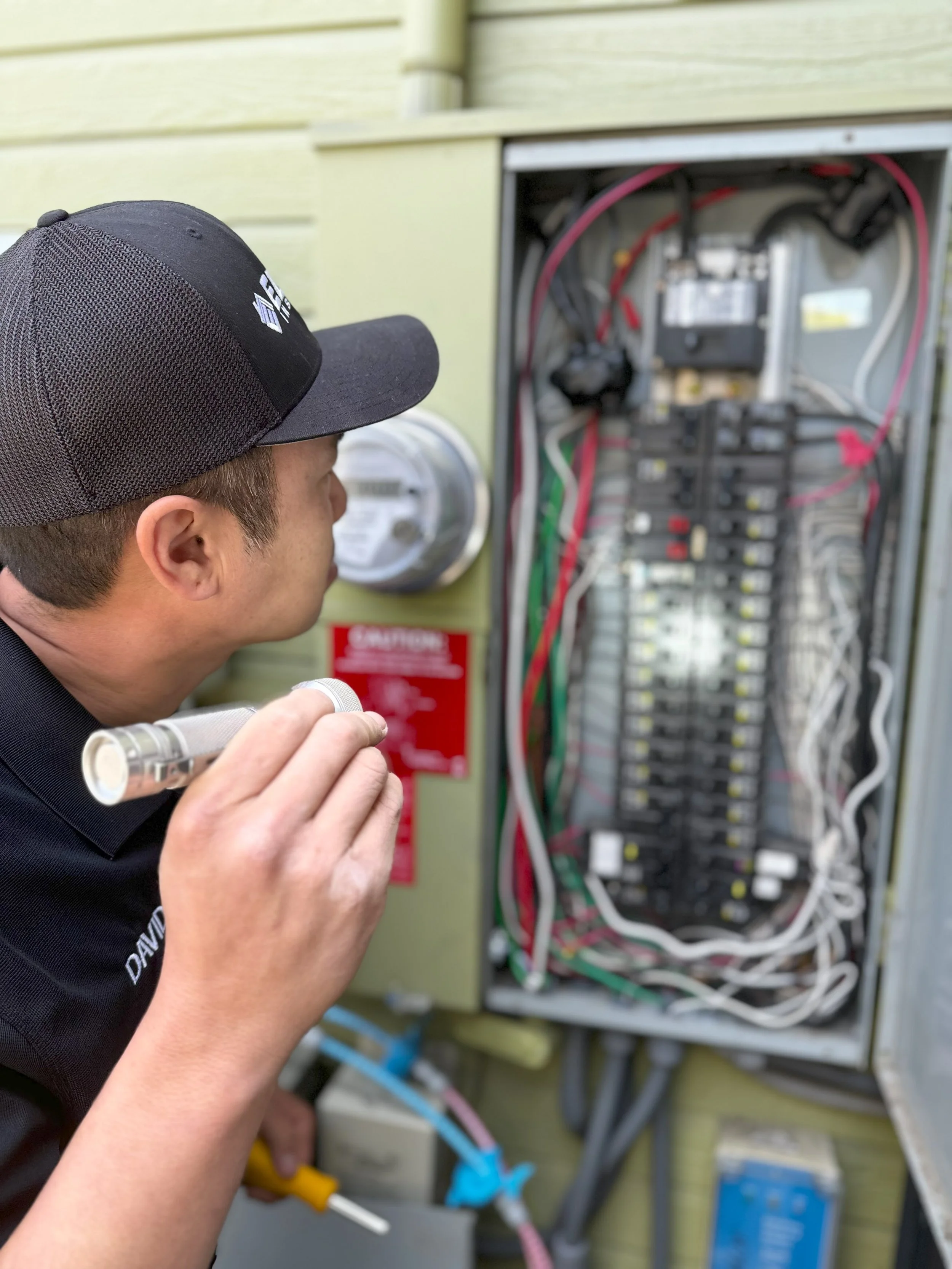DIY or Don’t? Common Fixes You Should—and Shouldn’t—Tackle Yourself
We’ve all been there: something breaks or malfunctions around the house, and your first thought is, “Can I fix this myself?”
Thanks to YouTube and big-box hardware stores, DIY confidence is at an all-time high. But not every home repair is as simple—or safe—as it looks. As home inspectors, we see the aftermath of well-meaning DIY projects gone wrong all the time.
Here’s a guide to help homeowners decide: Should I DIY… or call in a pro?
Safe & Smart DIY Projects Most Homeowners Can Tackle
These repairs are generally low-risk, inexpensive, and straightforward with the right tools and a little research:
1. Caulking and Re-Caulking
Great for tubs, showers, windows, and sinks.
Prevents moisture intrusion and improves energy efficiency.
Just be sure to use the right type of caulk for the surface and clean thoroughly before applying.
2. Replacing GFCI Outlets
If you’re comfortable turning off the power at the breaker, this is manageable.
Use a tester to confirm it’s wired properly.
However, if your home’s wiring is outdated, aluminum, or ungrounded, call a licensed electrician.
3. Changing Air Filters & Smoke Detector Batteries
Easy and essential for indoor air quality and safety.
Set a reminder to do this every 3–6 months, or monthly with pets or allergies.
4. Minor Drywall Patching & Painting
Filling nail holes, small dings, or dents? Go for it.
Just avoid patching over active moisture stains or cracks without knowing the source.
5. Installing a New Thermostat (If It’s Low Voltage)
Smart thermostats like Nest are popular upgrades.
Ensure it’s compatible with your HVAC system and follow manufacturer instructions carefully.
DIY With Caution: Proceed Only If You’re Confident
These projects are possible for handy homeowners—but can cause trouble if done incorrectly:
1. Toilet Repairs
Swapping out a flapper or handle? Easy.
Replacing the wax ring or reseating the toilet? Messy and riskier—mistakes can cause hidden leaks and damage subflooring.
2. Light Fixture Replacement
Simple if you’re just swapping out an existing light.
Risk goes up if you’re adding a fixture where one didn’t exist or dealing with aluminum or ungrounded wiring.
3. Fixing Leaky Faucets
Cartridge and washer replacements are usually doable.
But overtightening can crack valves, and improper installation can lead to ongoing drips or water pressure problems.
Don’t DIY These: Call a Licensed Pro
These tasks might look simple on the surface—but they involve safety hazards, permitting issues, or expensive consequences if done wrong.
1. Electrical Panel or Circuit Work
Replacing breakers, adding circuits, or upgrading service panels is not a DIY job.
Mistakes can cause fires, failed home inspections, or electrocution.
2. Roof Repairs
A loose shingle might seem easy to fix—but walking on your roof is dangerous, and improper patching can lead to costly leaks and water damage.
Plus, some roofing repairs affect your warranty.
3. Gas Line Repairs or Appliance Hookups
Always call a licensed plumber or gas technician.
Leaks can be deadly, and improper hookups are a major inspection red flag.
4. Structural Modifications
Tearing down walls? You need to know if they’re load-bearing.
Poor DIY framing can lead to serious damage, permit issues, and even collapse.
5. HVAC System Repairs
Changing the filter? Yes.
Recharging refrigerant, replacing blower motors, or troubleshooting furnace issues? Definitely not.
Why It Matters: Resale, Safety & Peace of Mind
As inspectors, we often find DIY repairs that:
Don’t meet code
Cause hidden damage
Raise red flags for future buyers or insurers
Void manufacturer warranties or homeowner policies
If you're not 100% confident, calling a licensed professional is always the smarter investment. It may cost more upfront, but it could save you thousands in the long run—not to mention your safety.
Final Thought: Know Your Limits
DIY can be empowering and cost-effective—when done right. The key is knowing where your skills end and where a professional’s should begin.
If you're ever unsure whether something is safe or up to code, that’s where we come in. As certified home inspectors, we’re not here to scare you—we’re here to educate, protect, and give you clarity on your home’s condition and any risks you might not see.


